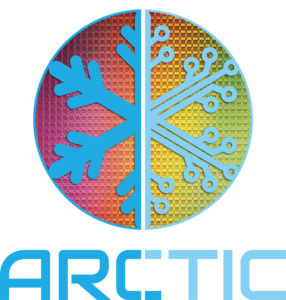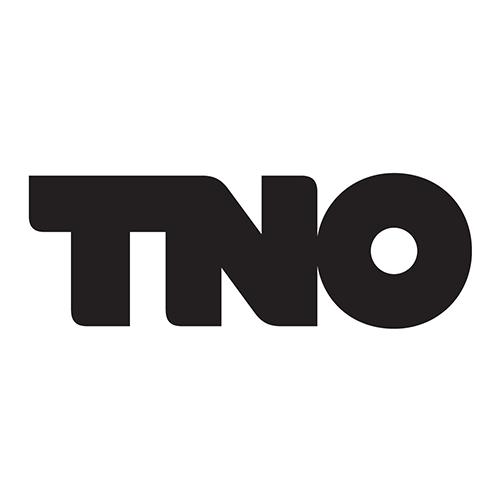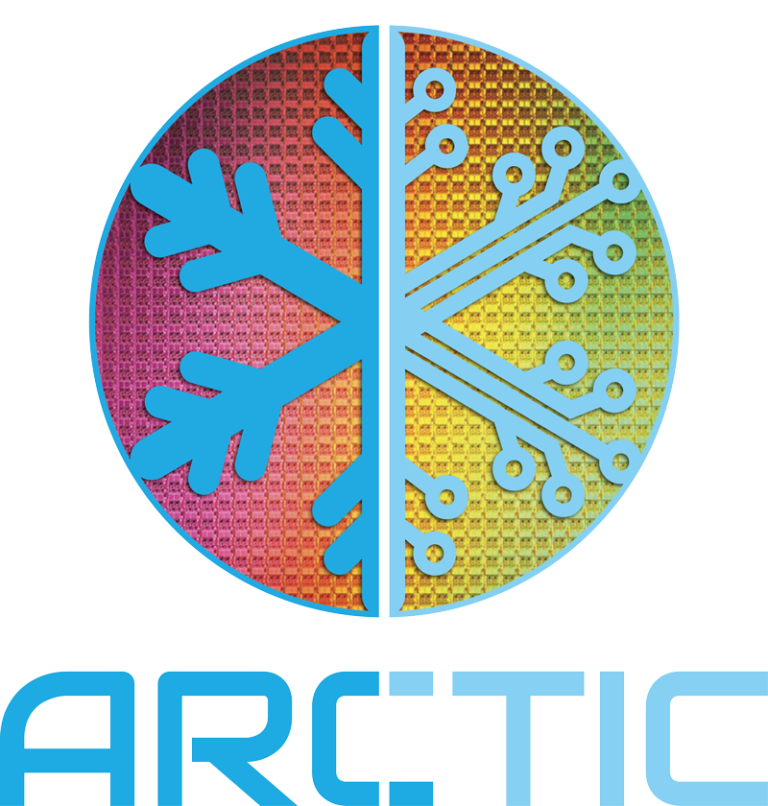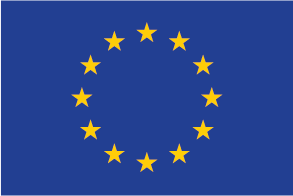TNO is the largest independent research institute in the Netherlands, with the mission to connect people and knowledge to create innovations that boost the sustainable competitive strength of industry and the well-being of society. TNO has over 4200 employees and generates a turnover of 687 MEuro. By translating scientific knowledge into practical applications, TNO contributes to the innovation capacity of businesses and government. TNO is heavily involved in international projects (about 30% of the market turnover), including many EU-funded collaborations.
TNO is organized in the following six units: Mobility and Built Environment; Defence, Safety and Security; Energy & Materials Transition; Healthy Living & Work; High Tech Industry; ICT, Strategy and Policy. In the unit High Tech Industry, applied research is carried out for a wide range of industrial branches. Their expertise covers the whole chain from basic (material) research, design and engineering, to manufacturing and testing of products and systems. The focus is on innovation in the areas of Flexible & Free-form Products, Semicon & Quantum, Smart Industry and Space & Scientific Instrumentation. The largest markets are semiconductor equipment and quantum technology.
In ArCTIC, TNO will work on the precise and accurate cryogenic characterization of low noise amplifiers and other devices and on studying material properties relevant for cryogenic electronics.
At the technology level, ArCTIC will help TNO to further develop its advanced facilities for testing cryogenic electronics. These facilities will be available for consortium partners to test and characterize their latest developed materials, cryogenic electronic components, and systems such as metal interconnects, gate oxides, dielectric materials, and LNA’s. Benchmarking the materials and components with other test facilities will lead to more reliable data and will work towards more standardized testing protocols. A direct collaboration with Qblox is planned on the development of technology to enable faster characterization capabilities with a higher degree of automation. Collaborations with Imec, Tyndall, SemiQon and FhG will enhance state-of-the-art measurement techniques for metal, gate oxide, and dielectric materials analysis. Combining these experimental results with the modelling efforts of Nanolayers and Nanoacademics will increase the knowledge and understanding of material aspects like interconnect metal resistivity, interconnect dielectric quality, and gate oxide interface quality as a function of temperature. This will benefit TNO and partners by expanding the toolbox of well-characterized materials for use in quantum and other cryogenic demonstrators.
More information on www.tno.nl.



